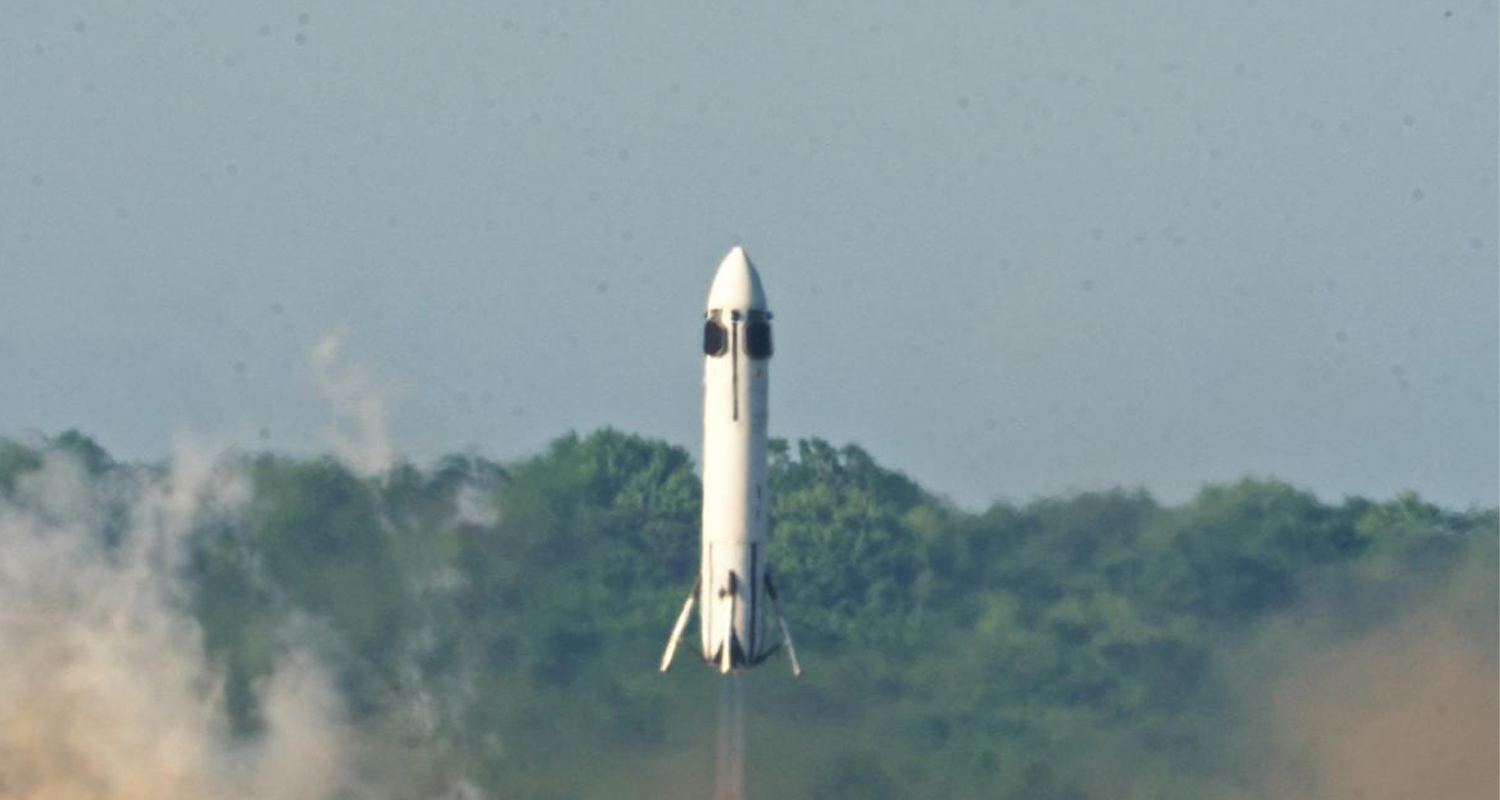
Japan’s second-largest automaker, Honda, has successfully conducted a test flight of its experimental reusable rocket, marking a major step in its ambitions to enter the space industry.
The test was carried out on Japan’s northern island of Hokkaido, where the rocket reached an altitude of nearly 300 meters before making a precise landing just 37 centimeters from its target location. According to Honda’s statement released Tuesday, it was the company’s first successful landing of a rocket after a vertical launch.
The prototype stands about six meters (20 feet) tall and flew for approximately one minute. The milestone test highlights Honda’s aim to develop suborbital launch capabilities by 2029.
“With expectations growing for a data-based infrastructure in space, the demand for satellite launch vehicles is projected to rise significantly in the coming years,” Honda said.
The company explained that its rocket development builds on its expertise in robotics, mobility, and autonomous driving systems. Honda’s reusable rocket technology could eventually support satellite-based communication networks and environmental monitoring, including tracking the impacts of climate change.
Reusable rockets, a concept popularized by Elon Musk’s SpaceX, are rapidly becoming a key focus in the aerospace industry. SpaceX’s successful use of reusable boosters has significantly lowered the cost of space missions and inspired global competition.
In Japan, the national space agency JAXA is also expanding its satellite launch program with its H3 rocket, though the H3 is not designed to be reused. At the same time, a number of Japanese startups are entering the increasingly competitive field. One such company, Space One, has faced challenges, including its second failed rocket launch in December.
Honda’s foray into aerospace signals the growing intersection of automotive innovation and space exploration, as more private companies seek to carve out roles in Earth’s orbit and beyond.
FACEBOOK COMMENTS